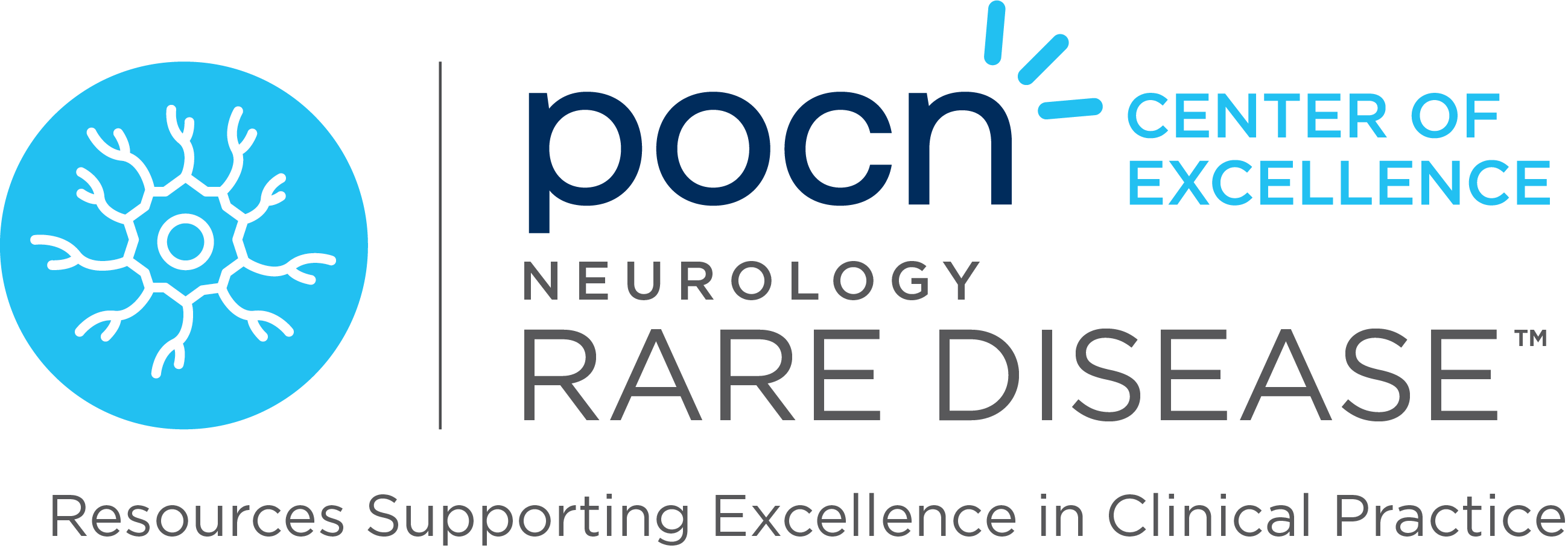Amyloidosis is a rare disorder where proteins misfold and deposit as amyloid fibrils, causing tissue damage and dysfunction. Symptoms vary based on the affected organs, making diagnosis difficult. The most common types are immunoglobulin light chain (AL) and transthyretin (ATTR) amyloidosis. AL amyloidosis involves misfolded light chains depositing in various tissues, leading to peripheral neuropathy and affecting the heart, kidneys, and gastrointestinal tract.
Diagnosis of amyloidosis combines clinical evaluation, neurophysiologic tests, and tissue biopsies. AL amyloidosis is confirmed through serum protein electrophoresis and light chain assays, while ATTR amyloidosis is identified via radionuclide bone scintigraphy and genetic testing. Treatments for AL amyloidosis include stem cell transplantation and chemotherapy, whereas ATTR amyloidosis is managed with TTR stabilizers, gene silencing therapies, and occasionally liver transplantation. Early diagnosis and treatment are vital for better outcomes, with ongoing research into biomarkers and new therapies offering hope for improved management.
Reference: Pinto L, Pinto M. Neuromuscular Amyloidosis. Practical Neurology. Accessed May 21, 2024. https://practicalneurology.com/articles/2021-july-aug/neuromuscular-amyloidosis?c4src=topic:feed



